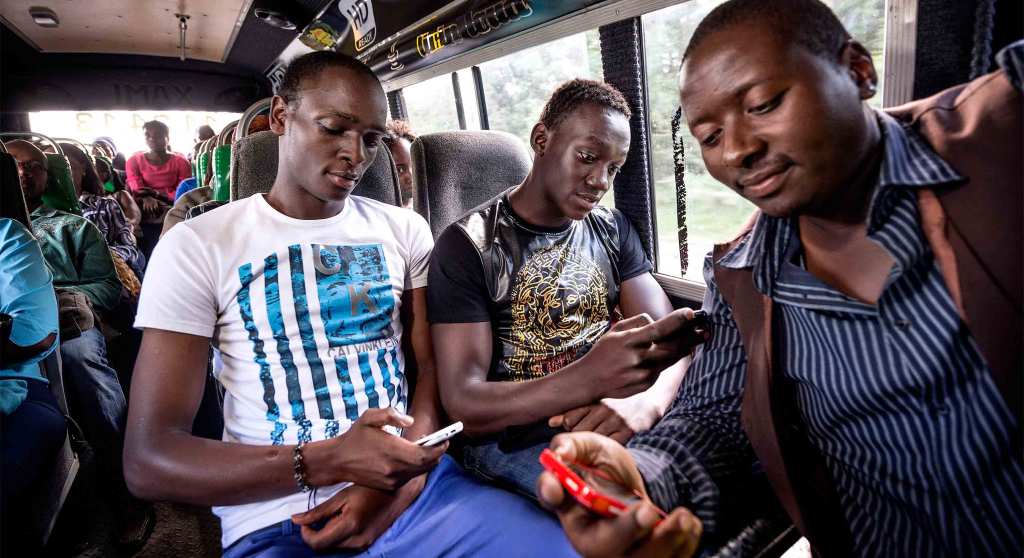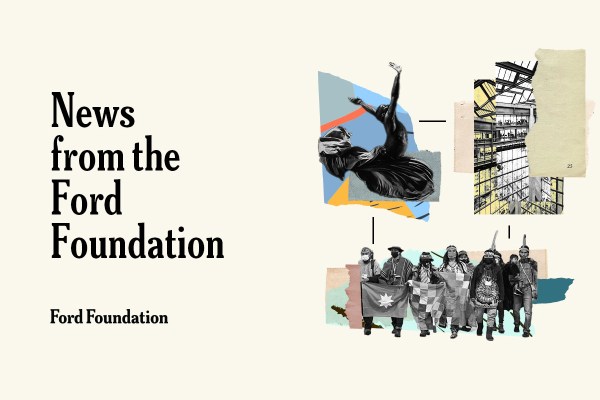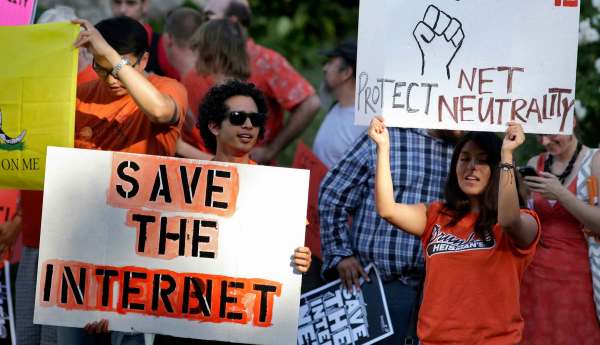
In modern society, freedom of expression has both individual and social values. On one side, democratic governments are prohibited from censorship, but on the other, freedom of expression requires that they promote speech of marginalized communities to ensure all citizens’ voices are heard. As Yale law professor Owen Fiss puts it, free speech means an uninhibited, robust, and wide-open debate, especially when vested interests attempt to prevent such a debate. In his book, The Irony of Free Speech, which examines both sides of the issue, Fiss goes as far as suggesting that the promotion of free speech may require governments to “hand out megaphones” – or provide all citizens with the resources they need to express themselves. In many ways, the Internet serves as that megaphone.
The United Nations Human Rights Council recently adopted a landmark resolution protecting online freedom of expression as a human right. The resolution condemns measures that intentionally prevent or disrupt access to information online as a human rights violation and calls on governments to refrain from these measures. The resolution was prompted when the governments of Uganda and Ghana separately shut down the Internet during election days, thereby purposely withholding important information from citizens and preventing inclusive freedom of expression online.
Under international law, however, governments are required not only to respect freedom of expression, but also to protect and promote it. Protecting free speech online would require governments to prevent infringement by third parties, such as forbidding administrative agencies from disconnecting users, banning telecom providers from the intercepting of communications, or preventing Internet service providers from shutting down content. It may require a more proactive governmental agenda, as many citizens are still excluded from online forums and communities without resources like basic Internet access. Governments must ensure these basic digital rights and access points are available to all citizens, especially those excluded from society, if they are serious about promoting free speech.
According to the International Telecommunications Union—a UN specialized agency that works to improve access to information and communications technology to underserved communities across the globe —only two out of every five people have access to the Internet worldwide. However, numbers vary significantly by country with higher rates of Internet access in developed countries and much lower rates in developing countries.
Taking a closer look at Internet access and penetration within countries, you will find a digital divide that often leaves rural areas, indigenous people, and other marginalized communities behind. In fact, the numbers on Internet access in many developing countries may be very misleading since these numbers often count people as connected who have limited prepaid access to the Internet with low data caps through their mobile phones. For example, half of the population in Kenya has limited access to the Internet through their phones, but only less than 1 percent has broadband access through a computer.
Access to the Internet is key for the realization of human rights and freedom of expression in modern societies. Even more, as online services proliferate, Internet access becomes a prerequisite for enjoying cultural, social, and economic rights. With this UN resolution, governments are not only forbidden to shut down the Internet or block information, but also required to develop and implement public policies that assure greater access to the Internet, whether in the Amazonian forest, rural Oaxaca, or urban Kibera. Access to the Internet provides all citizens the right to express themselves and contribute to their societies.


